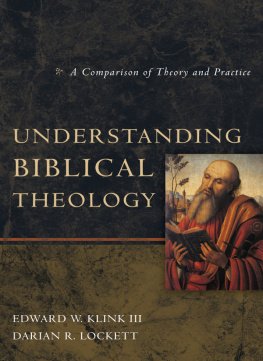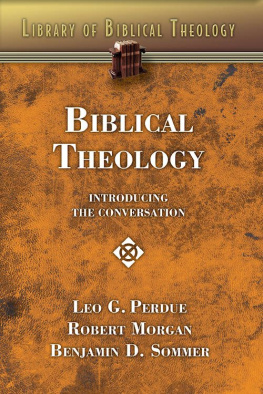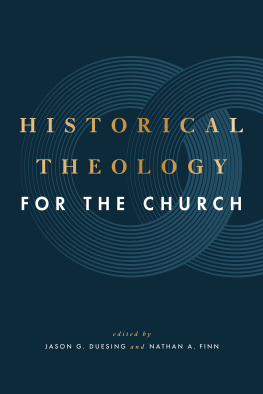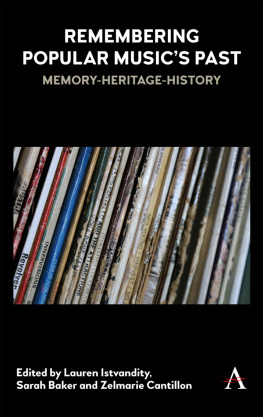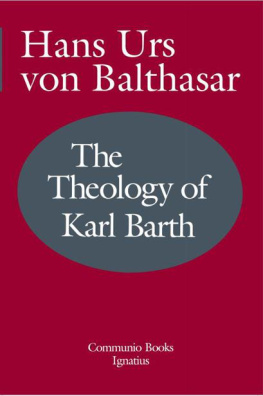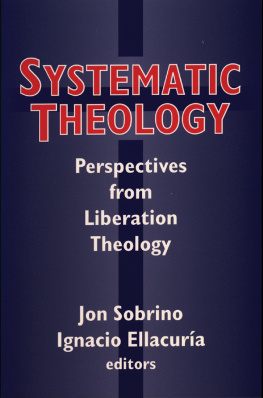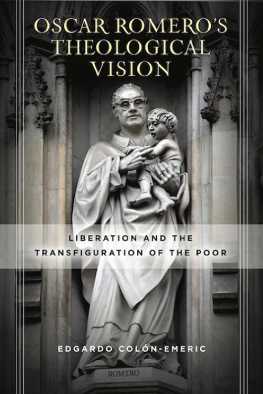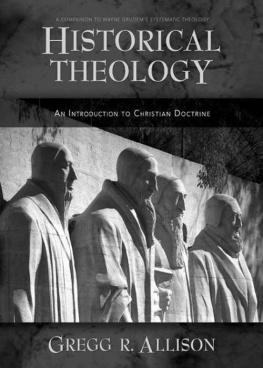Remembering Lived Lives
A Historiography from the Underside of Modernity
Michael Jimenez
Remembering Lived Lives
A Historiography from the Underside of Modernity
Copyright 2017 Michael Jimenez. All rights reserved. Except for brief quotations in critical publications or reviews, no part of this book may be reproduced in any manner without prior written permission from the publisher. Write: Permissions, Wipf and Stock Publishers, W. th Ave., Suite , Eugene, OR 97401 .
Cascade Books
An Imprint of Wipf and Stock Publishers
W. th Ave., Suite
Eugene, OR 97401
www.wipfandstock.com
paperback isbn: 978-1-4982-3485-6
hardcover isbn: 978-1-4982-3487-0
ebook isbn: 978-1-4982-3486-3
Cataloguing-in-Publication data:
Names: Jimenez, Michael.
Title: Remembering lived lives : a historiography from the underside of modernity / Michael Jimenez.
Description: Eugene, OR: Cascade Books, 2017 | Includes bibliographical references and index.
Identifiers: isbn 978-1-4982-3485-6 ( paperback ) | isbn 978-1-4982-3487-0 ( hardcover ) | isbn 978-1-4982-3486-3 ( ebook )
Subjects: LSCH: Historiography. | HistoryReligious aspectsChristianity. | Theology, DoctrinalLatin America. | Latin AmericaChurch history.
Classification: BT83.57 J55 2017 ( print ) | BT83.57 ( ebook )
Manufactured in the U.S.A. 12/09/16
Table of Contents
When we awake each morning, we hold in our hands, usually weakly and loosely, but a few fringes of the tapestry of lived life , as loomed for us by forgetting.
Walter Benjamin
Preface
R emembering Lived Lives was written with the intention to bridge the gap between the historical and theological disciplines. It was written to theologians to encourage them to incorporate more history in their work, and to historians to exhort them to utilize the vast amount of material left to human history about the topic of religion. What makes this different from similar books on this subject matter is that I intentionally focused on the historical-theological thought and experiences of figures from the third world. It is my contention that Christian historiography in particular still somewhat ignores the events and theories that originate in Latin America, Asia, Africa, and even the marginalized in North America. Furthermore, I hope this book will be used in classrooms by instructors already practicing an interdisciplinary method with history, theology, and other disciplines, and for the general reader hoping to gain some insight about history and theology.
I do not want to assume that many teachers of history or theology do not already practice the ideas I discuss in this book. In fact, I am guessing that many theologians across the globe pause to observe the lives of figures like Oscar Romero in their classes, or that history teachers emphasize the importance of religious freedom by discussing the faith of Csar Chvez or Martin Luther King Jr. In fact, it was from my doctoral research that I stumbled upon the work of many of the writers I feature in this book. The book, in some sense, narrates my journey from a sole concentration on the theology of Karl Barth to an overall inclusive project of thinkers across the globe. My critique of the continual nature of Eurocentrism is guided by my own affinity for European theology, history, philosophy, and literature. To criticize Eurocentric thought does not mean I am anti-Western or suddenly stopped reading books written by Europeans. What I am attacking is the idea that the center of all academic thought begins and ends in Europe. What I have done is paused or decreased my own reading of European literature in order to enjoy and to evolve from the works of non-Europeans.
The writings that guided me on this particular project are Walter Benjamins Theses on the Philosophy of History and Mayra Riveras The Touch of Transcendence . My focus on the underside of history through a mestiza consciousness, following history on the borderlands, finds inspiration from these two works. The way Rivera, for example, is able to discuss theology by way of poststructuralist, postcolonial, and Latina theologians in a just a few pages was a model I have tried, in my own inadequate way, to emulate.
As we will see, history and theology are both somewhat autobiographical. Discovering ones own historical consciousness will allow the reader to inquire about the writings that have influenced her own roots. I am approaching this study from a Christian perspective, as someone born and raised in Los Angeles. My time as a student and instructor at Biola, my graduate years at Fuller Theological Seminary, and the fact I am able to teach theology and church history at Azusa Pacific University, while teaching history at Biola, Vanguard University, and Santiago Canyon College was definitely the main experience that created the foundation of this book. My autobiography definitely shaped the way this book was written, primarily in the way that history can often times be depressing (with students telling me I have a knack for finding the most gut wrenching YouTube videos), and being aware of this Benjamin type history of the oppressed has shaped the way I currently understand my own faith. History forces theology to take stock of the lives that are often invisible. If God seems Wholly Other, what happens when amnesia strikes us with regards to those who have died? Therefore, history is one of the means to narrate these lives back into consciousness.
One note on terminology in Remembering Lived Lives . At times I use the term third world to identify peoples from Asia, Africa, and Latin America. This title is not meant to be offensive or blindly follow a first world typology, seeing the third world as an always developing place in constant need of first world assistance. Instead I utilize this term in accordance with the work of Vjay Prashad and Chela Sandoval. Both thinkers incorporate the term in a positive way, especially as they address the diverse connections among people across these continents. Because of the nature of my studies, my focus on third world thinkers is generally on Latin American writers even though throughout this book I highlight contributions from other writers. With an element of fear and trembling I sometimes discuss figures and texts that are past my professional comfort zone, or academic concentration. For example, I am not a film studies expert, but a novice who loves movies and uses them in the classroom. It is at this level of meaning that I discuss this subject in my book.
I would like to thank the following for stimulating conversations or suggestions about ideas and sources that helped produce this study: Natasha Duquette, Howard Loewen, Judith Rood, Jacquelyn Winston, Amaryah Armstrong, Nancy Wang Yuen, Oscar Garcia-Johnson, Allen Yeh, Marika Rose, Anthony Paul Smith, and Stephen Hale. A special thanks to the staff at Wipf and Stock/Cascade Books that helped put this book together, especially to Chris, who graciously took my phone call. I would also like to thank my brother, Matthew, for editing portions of early drafts and providing important corrections.
Finally, I want to thank my wife, Lluvia, for the continual encouragement she gives me on a daily basis, and to my two sons, Lucas and Raylan, for being a constant inspiration to me. I dedicate this book to my two boys.


